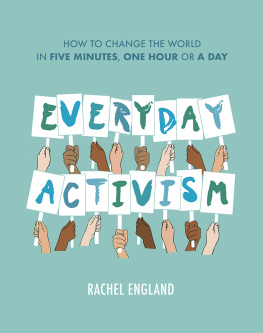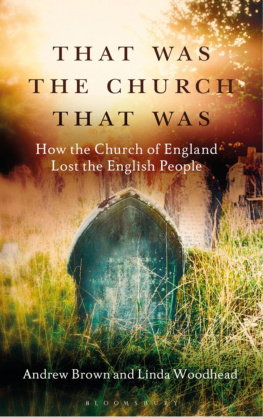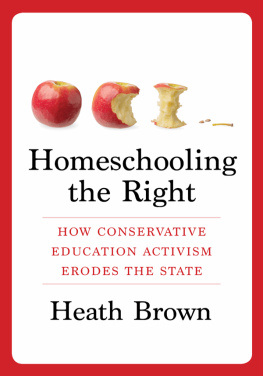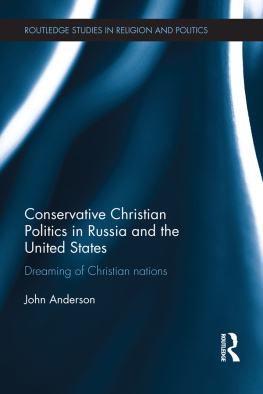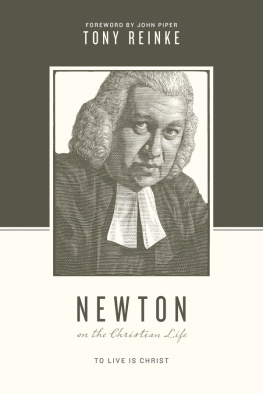Méadhbh McIvor - Representing God: Christian Legal Activism in Contemporary England
Here you can read online Méadhbh McIvor - Representing God: Christian Legal Activism in Contemporary England full text of the book (entire story) in english for free. Download pdf and epub, get meaning, cover and reviews about this ebook. year: 2020, publisher: Princeton University Press, genre: Religion. Description of the work, (preface) as well as reviews are available. Best literature library LitArk.com created for fans of good reading and offers a wide selection of genres:
Romance novel
Science fiction
Adventure
Detective
Science
History
Home and family
Prose
Art
Politics
Computer
Non-fiction
Religion
Business
Children
Humor
Choose a favorite category and find really read worthwhile books. Enjoy immersion in the world of imagination, feel the emotions of the characters or learn something new for yourself, make an fascinating discovery.

- Book:Representing God: Christian Legal Activism in Contemporary England
- Author:
- Publisher:Princeton University Press
- Genre:
- Year:2020
- Rating:5 / 5
- Favourites:Add to favourites
- Your mark:
Representing God: Christian Legal Activism in Contemporary England: summary, description and annotation
We offer to read an annotation, description, summary or preface (depends on what the author of the book "Representing God: Christian Legal Activism in Contemporary England" wrote himself). If you haven't found the necessary information about the book — write in the comments, we will try to find it.
How evangelical activism in England contributes to the secularizing forces it seeks to challenge
Over the past two decades, a growing number of Christians in England have gone to court to enforce their right to religious liberty. Funded by conservative lobby groups and influenced by the legal strategies of their American peers, these claimantsregistrars who conscientiously object to performing the marriages of same-sex couples, say, or employees asking for exceptions to uniform policies that forbid visible crucifixeshighlight the uneasy truce between law and religion in a country that maintains an established Church but is wary of public displays of religious conviction.
Representing God charts the changing place of public Christianity in England through the rise of Christian political activism and litigation. Based on two years of fieldwork split between a conservative Christian lobby group and a conservative evangelical church, Madhbh McIvor explores the ideas and contested reception of this ostensibly American-inspired legal rhetoric. She argues that legal challenges aimed at protecting Christian values ultimately jeopardize those values, as moralities woven into the fabric of English national life are filtered from their quotidian context and rebranded as the niche interests of a cultural minority. By framing certain moral practices as specifically Christian, these activists present their religious convictions as something increasingly set apart from broader English culture, thereby hastening the secularization they seek to counter.
Representing God offers a unique look at how Christian politico-legal activism in England simultaneously responds to and constitutes the religious life of a nation.
Méadhbh McIvor: author's other books
Who wrote Representing God: Christian Legal Activism in Contemporary England? Find out the surname, the name of the author of the book and a list of all author's works by series.

